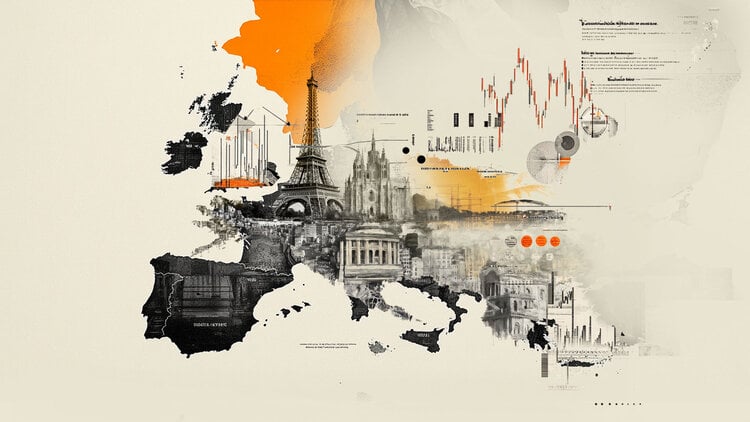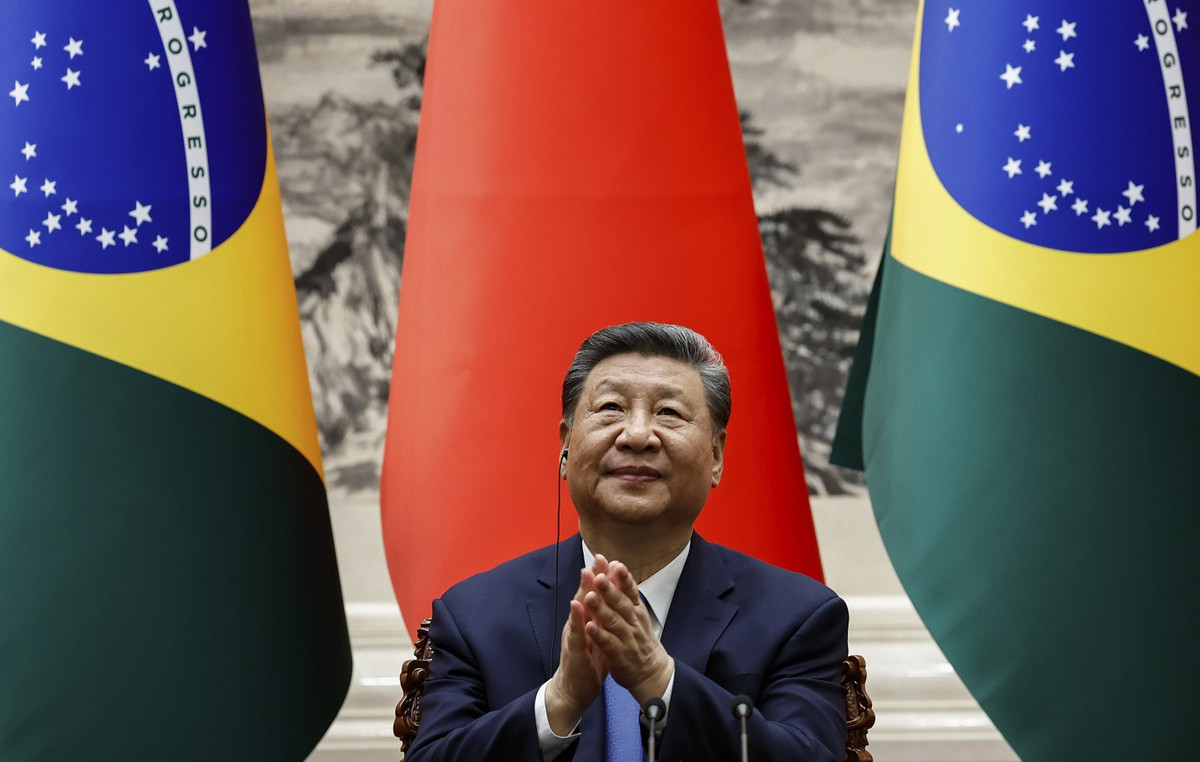Chileans will vote on the new constitution this Sunday (4) after 42 years and popular demonstrations that increased in 2019. However, some polls indicate that there is a great rejection of the text, largely due to a disinformation and fake news campaign.
The exchange of the Magna Carta, instituted during the dictatorship of Augusto Pinochet, is a historical demand in the Latin country, as explained by Regiane Bressan, professor of international relations at Unifesp.
“This constitution is considered outdated, and the population has been clamoring for a more current text that meets contemporary demands and, above all, greater State intervention in some key sectors, such as health, education and retirement”, he says.
Bressan points out that, based on the content of what is being proposed, conservative, right-wing and elite groups began to spread fake news and rumors that “totally misrepresent the content”.
“Often they still bring that idea of communism, that the Indians are now going to take power”, he says.
Joana Salem, a specialist in Latin America and a doctor in economic history from the University of São Paulo (USP), points out that this dissemination takes place mainly through social networks, channeled in what was created from the campaign of José Antônio Castro. He was the far-right candidate who contested the second round of Chile’s presidential elections last year, losing to Gabriel Boric.
She claims that the method used in this disinformation campaign has been applied “by the far-rights in different parts of the world”. “It has been called by some the ‘Bannon’ method, because it is based on Steve Bannon, who was a Trump political advisor responsible for his communication, for this strategy of creating lies and fake news that circulate at high speed on suspicious portals. , but disguised as real”, he explains.
Main fake news about Chile’s new constitution:
- Country name will change;
- End of the Chilean flag and anthem;
- There will be no more police;
- Venezuelans and Haitians will seize power;
- Indigenous people would go unpunished for crimes;
- Immigrants and indigenous people will take power;
- Abortion allowed at 9 months of pregnancy;
- Chileans cannot travel through the national territory because it will be under indigenous and immigrant control;
- It will not be allowed to buy bottles of water and ice;
- There will be no more education and private health;
- There will be no private property;
- Religion will be prohibited;
- There is a huge risk of fraud that will win the approval;
- The electoral service will rig the votes with the names of the dead for the approval of the text.
paper of the press
Salem also points out that some sectors of media conglomerates, which would be traditionally linked to the right, are acting differently from fake news campaigns on social networks, but which can be complementary.
“In a way, they do not spread fake news per se, but confuse the political debate and make the concept of plurinationality something confusing for the majority to apprehend. Instead of clarifying debates, they throw a smokescreen, creating a certain fertile ground for fake news”.
Plurinationality, an example used by the specialist, is “the understanding that a country can be composed of more than one nation, and that one nation does not cancel out the others”, requiring an intercultural relationship with the others within the same country.
“Then it would be recognizing indigenous peoples as self-determined nations, with their own cosmovisions, also with their own political bodies, with their own justice within another nation”, adds Salem.
By misrepresenting information and concepts, space is opened for false information to be disseminated.
Verification of information
On the other hand, there are institutions that are working on verifying information and fighting fake news, such as the Peridistics Research Center, which publishes a series of articles denouncing alleged irregularities. There are, for example, texts that talk about supposed phantom organizations that would be paying for publications about disapproval on popular radios and parliamentarians who would pay to appear in communication vehicles talking about the subject.
There is also the “LaBot Check“, a “robot programmed to teach how to verify information”. It shows you how to identify suspicious or fake messages, videos and images.

Another service is “LaBot Constituent“, which has journalists on its team. It is a weekly e-mail program — for those who sign up — with “short texts, simple language, relevant content” about how the discussion on the new Constitution is going.
Possible rejection of the text
A poll released on August 20 revealed that 49% of respondents would fly “rejection” in the plebiscite “with the information they have today”. Meanwhile, 39% assured that they would choose “approval”. In addition, 12% declared that they “do not know/will not vote”.
The survey projected, then, with the estimate of the number of voters for the plebiscite, that 54% of them were inclined to reject it, while 46% would approve the new Magna Carta.
Thus, professor Regiane Bressan evaluates that “yes,of being that the new constitution is not approved in this election because of the fake news”.
Historian Joana Salem highlights that there are criticisms regarding the research methodology, which could not be capturing part of the working class, which has a greater tendency to “yes”.
“Although these polls are giving victory to the rejection, there is still an important margin of possibility that the approval will also win because the battle against fake news is still open, it is still happening”, he says.
The expert emphasizes, then, that only the referendum itself will be able to show the degree of efficiency of the fake news campaign against the new Chilean constitution.
*with information from CNN
Source: CNN Brasil
I’m James Harper, a highly experienced and accomplished news writer for World Stock Market. I have been writing in the Politics section of the website for over five years, providing readers with up-to-date and insightful information about current events in politics. My work is widely read and respected by many industry professionals as well as laymen.







